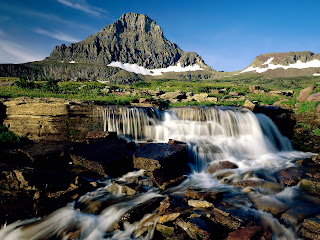
The Real Iraq We Knew
The inability to govern is exacerbated at all levels by widespread corruption. Transparency International ranks Iraq as one of the most corrupt countries in the world. And, indeed, many of us witnessed the exploitation of U.S. tax dollars by Iraqi officials and military officers. Sabotage and graft have had a particularly deleterious impact on Iraq’s oil industry, which still fails to produce the revenue that Pentagon war planners hoped would pay for Iraq’s reconstruction. Yet holding people accountable has proved difficult. The first commissioner of a panel charged with preventing and investigating corruption resigned last month, citing pressure from the government and threats on his life.
Against this backdrop, the U.S. military has been trying in vain to hold the country together. Even with “the surge,” we simply do not have enough soldiers and marines to meet the professed goals of clearing areas from insurgent control, holding them securely and building sustainable institutions. Though temporary reinforcing operations in places like Fallujah, An Najaf, Tal Afar, and now Baghdad may brief well on PowerPoint presentations, in practice they just push insurgents to another spot on the map and often strengthen the insurgents’ cause by harassing locals to a point of swayed allegiances. Millions of Iraqis correctly recognize these actions for what they are and vote with their feet — moving within Iraq or leaving the country entirely. Still, our colonels and generals keep holding on to flawed concepts.
